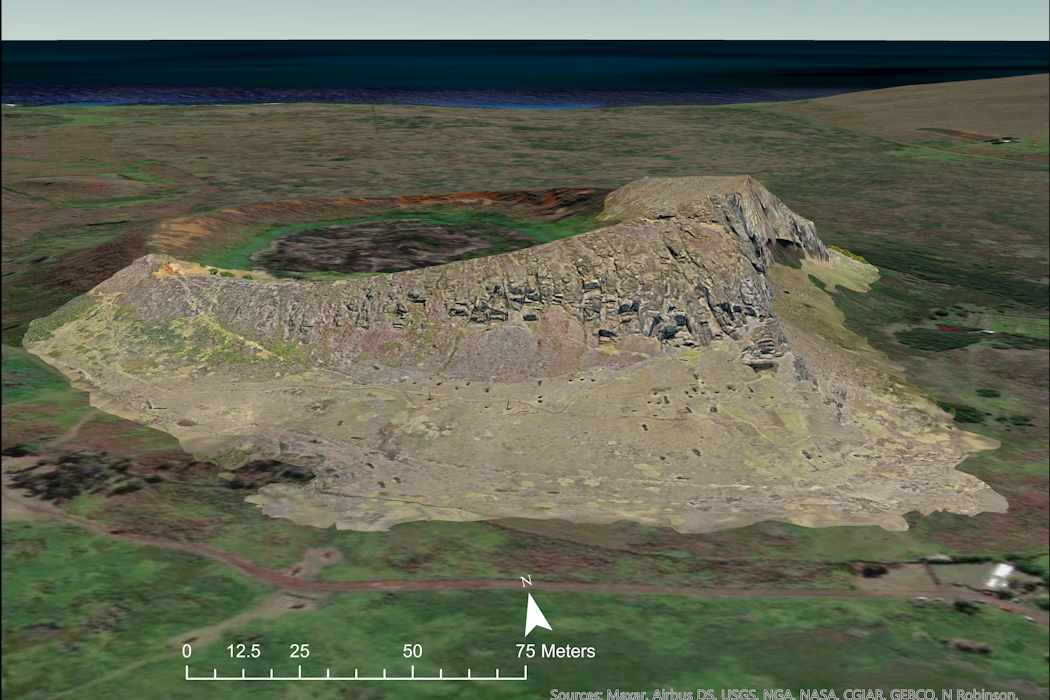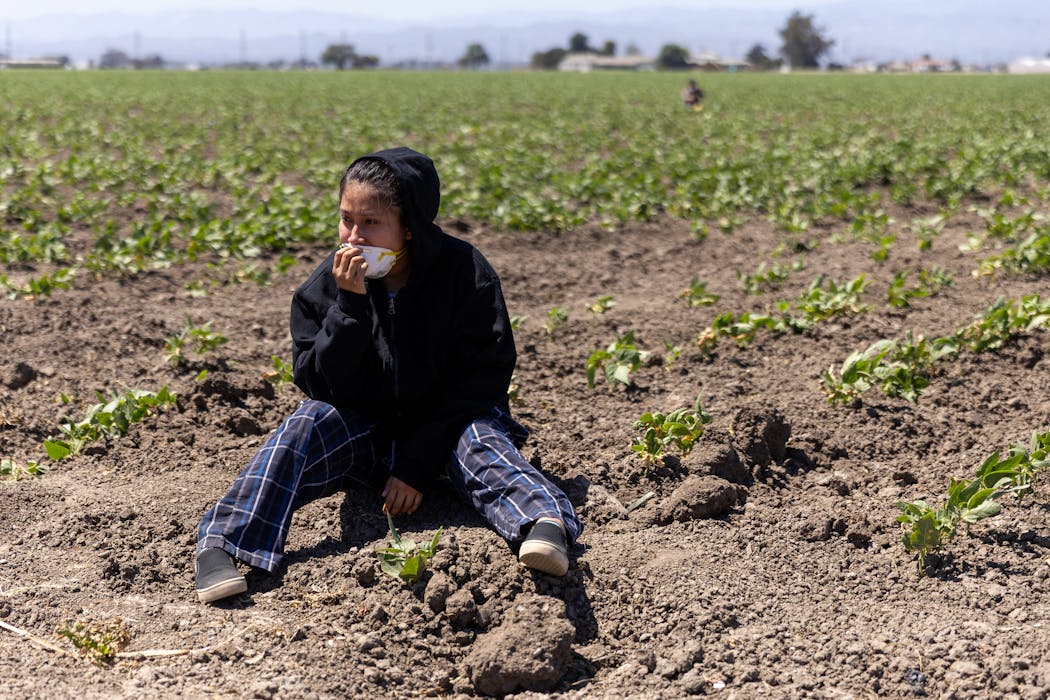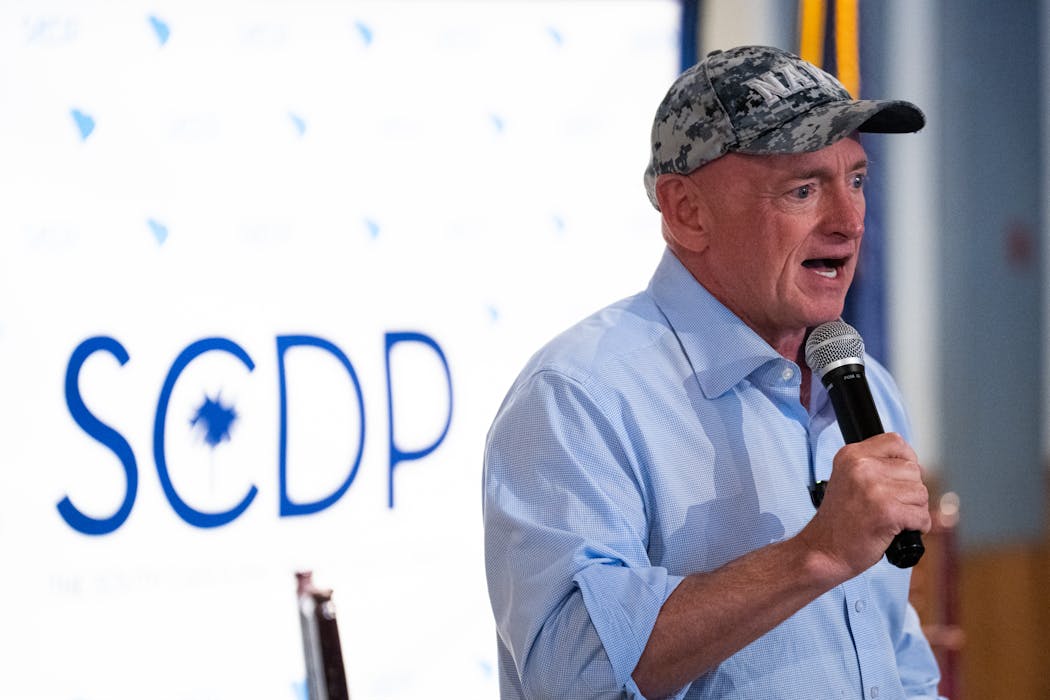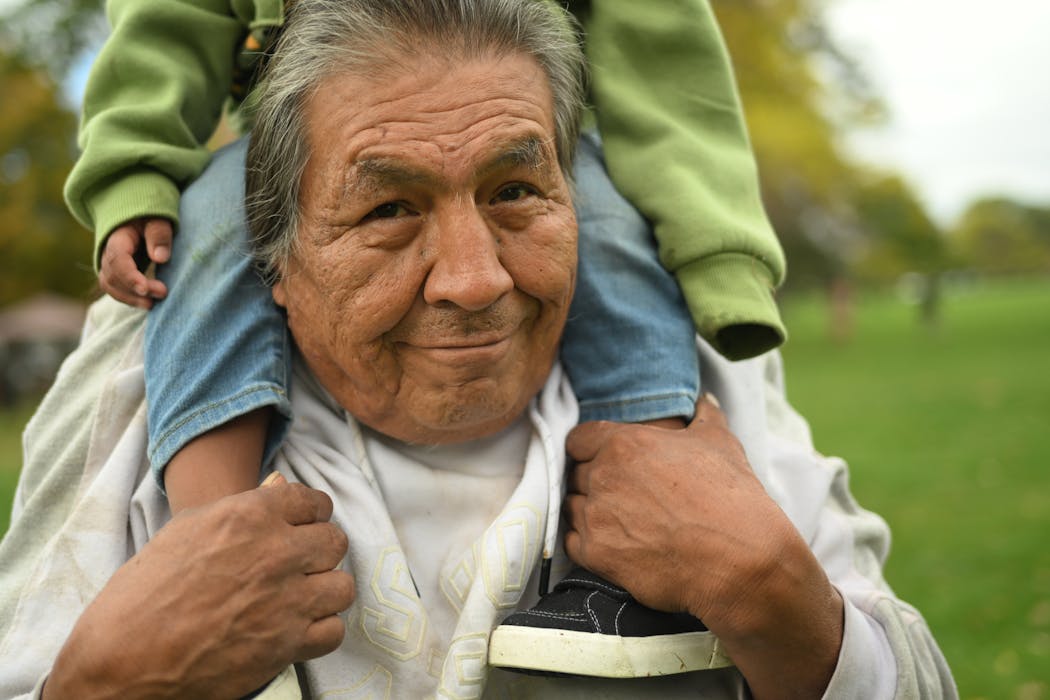Guinea-Bissau’s military takeover highlights the nation’s sorry history of coups and a deepening crisis across the region
- Written by John Joseph Chin, Assistant Teaching Professor of Strategy and Technology, Carnegie Mellon University
 Soldiers patrol the streets in Guinea-Bissau on Nov. 26, 2025.Patrick Meinhardt/AFP via Getty Images
Soldiers patrol the streets in Guinea-Bissau on Nov. 26, 2025.Patrick Meinhardt/AFP via Getty ImagesArmy generals in Guinea-Bissau seized power on Nov. 26, 2025 – the eve of a scheduled official declaration of the winner in the West African nation’s presidential election.
Alleging a destabilization plot by unnamed politicians and drug...










